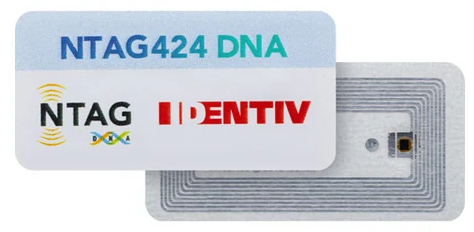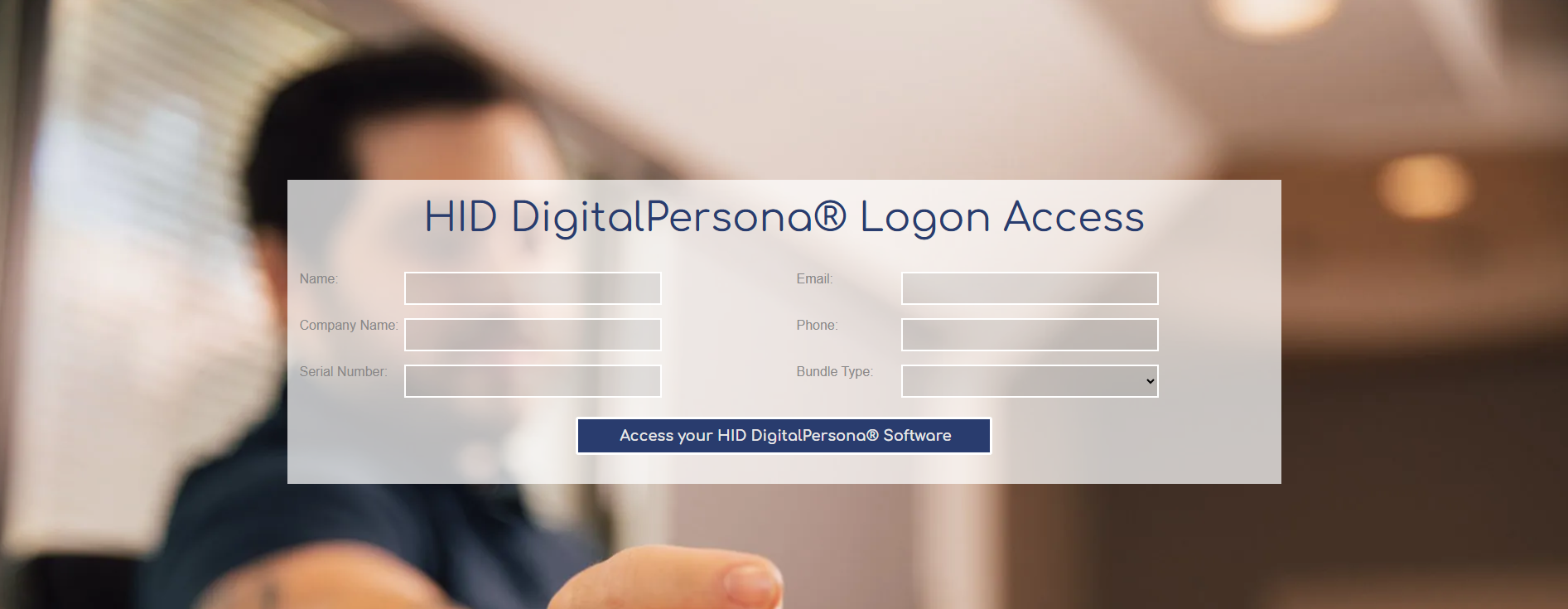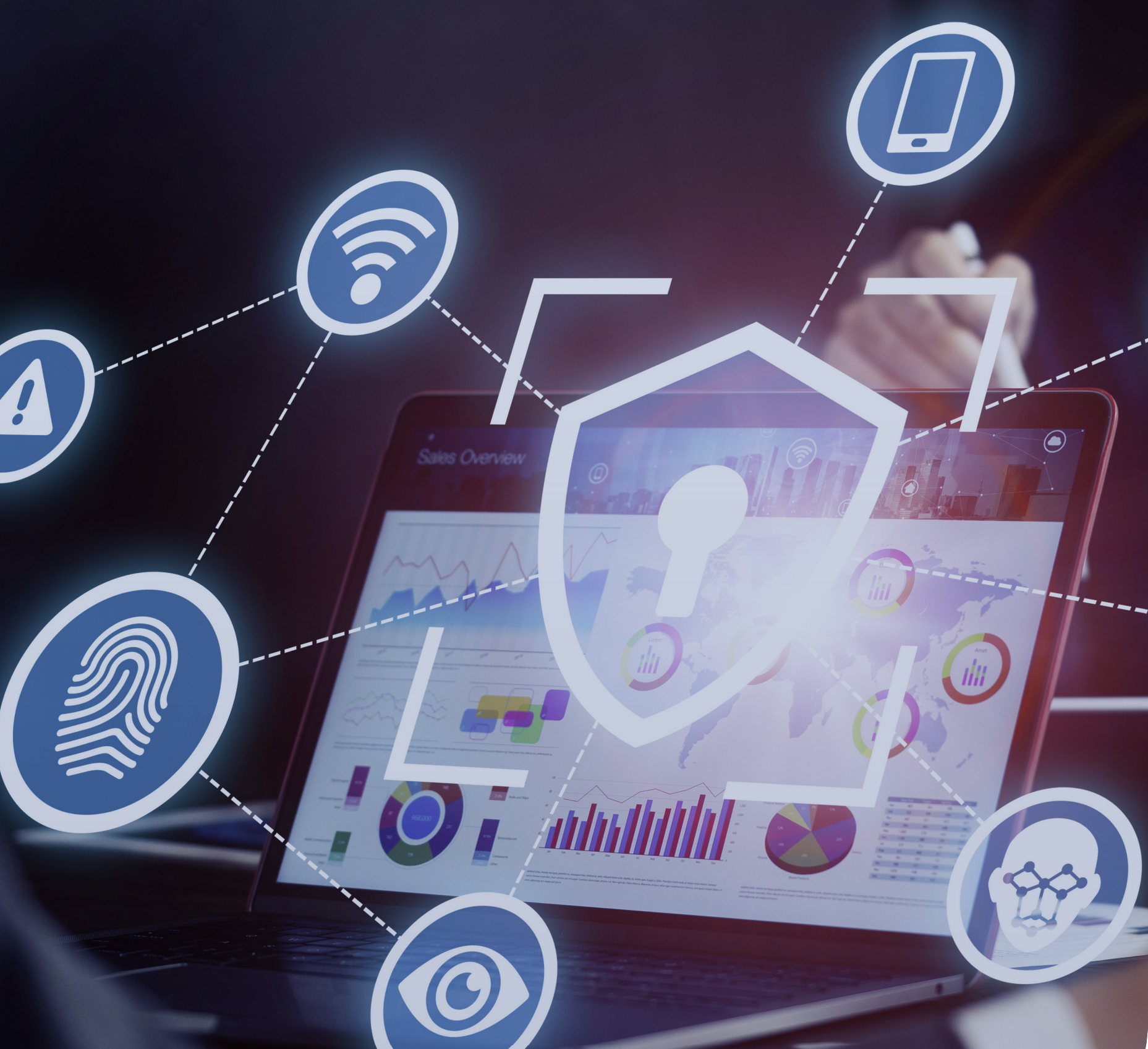

NFTs are non-fungible tokens that store a unique and one-of-a-kind set of code (no two NFTs are the same) as a digital signature on an encrypted blockchain ledger with transaction history available. NFTs are not a new concept as the first NFT-based artwork was Octagon by Kevin McCoy in 2014 which was essentially a backlit octagon on a black background. It may seem odd for someone willing to pay for such a simple piece of work but the sales numbers have proven otherwise.
Photo by Ivan Babydov on Pexels.com
Overall, NFT sales have skyrocketed in 2021 to $25.51 billion from $95.11 million in 2020 which is an astronomical increase considering its radical approach from the regulated artworld. However that has not dissuaded large Fortune 500 companies from investing such as VISA who paid $150,000 in Ethereum to purchase CryptoPunk #7610 for market research. Even the federal government has decided to dip into NFTs, the United States Postal Service (USPS) dropped their limited-edition NFTs through VeVe, an NFT marketplace app, to help create its Day of the Dead stamps for their “Forever” stamps.
So, What is the Blockchain, and Why Does It Protect Artists?
The blockchain does not require a central authority to operate and is currently not regulated by the U.S. federal government or the Financial Accounting Standards Board. The importance of the blockchain is that it helps track the authenticity/ownership of the product which can be difficult when selling digital assets online. Artists understand that photos and graphic design works can be readily copied and transferred via different websites leading to a loss of control and revenue generated from those pieces. That is why minting NFTs allows for proof of authenticity for those who owning the NFT that they are a legitimate copy from the original artist rather than a fake version.
Photo by ANTONI SHKRABA on Pexels.com
Where Else Can NFTs Be Used in the Market?
NFTs can also be used with physical items such as documents, tickets, certificates and contracts. In the educational sector, diplomas and transcripts can be verified to determine that the document is legitimate for students applying to colleges or new jobs. Within MOOCs or Massive Open Online Courses, NFTs can be used to verify the background of instructors for students taking the course for the first time who may be skeptical of the openness of the course. In the medical field, medical records can identify a patient’s health history and health information which can then be sent to other doctors or insurance companies who need to verify that a patient actually exists and what conditions need to be addressed. In the nonprofit world, fundraising and donors of those doing medical research can verify that those third parties are actually legitimate and not scammers looking to steal personal information on those who actually donate.
How Can You Purchase NFTs
The NFT code is available to the public for those who have internet access which is leading to more people who are able to invest in artwork. This had tended to be limited to those with large amounts of money who could purchase artworks by famous artists through auction houses. NFT trading is available on sites such as Zeromint NFT Marketplace and OpenSea with purchases only being available for those who hold cryptocurrencies. You CANNOT purchase NFTs with cash or credit/debit cards. To make NFTs, artists have the ability to mint tokens on different platforms such as Rarible, Tezos and the Flow blockchains. NFTs are subjective in their value similar to when art is sold and are based on supply and demand for a certain collectible. In a nutshell, it is only as valuable as the amount someone is willing to pay for it meaning that it cannot be readily substituted.
How you can use NFC tags for NFTs?
An NFC (Near Field Communication) tag is a sticker that has an embedded antenna within it. It has the ability to store small amounts of NDEF (NFC Data Exchange Format) data that can be programmed using a compatible software application to complete many actions. In the case of the NFT world, NFC tags can prove the authenticity of an item that is purchased by a consumer. For example, a collectible such as a baseball card or bullion (silver or gold) which carries a lot of value. NFC tags also support web links meaning that you can use your NFC compatible device to link to a website for more information on the digital asset or the art piece that a consumer has purchased.
NFTs require a level of authenticity to prove that you actually own the piece of digital art which will ensure its value in the market if you decide to sell it
Authentication through NFC tags can be proven through reading with an NFC desktop reader such as the BRAND NEW ACS ACR1252U-MF USB Contactless *NFC* USB Type-C Smart Card Reader III or through an NFC compatible smart phone which can be both running on iOS or Android.
Other NFC desktop readers include:
- ACR122U NFC Reader
- ACS ACR1252U NFC Forum-Certified USB NFC Reader
- ACS ACR1255U-J1 Bluetooth Contactless Smart Card NFC Reader
- Elatec TWN4 MultiTech 2 RFID Dual-Frequency *Bluetooth Low Energy (BLE)* Contactless Desktop Smart Card Reader/Writer with NFC
- Elatec TWN4 MultiTech3 RFID High-Frequency *PC/SC* Contactless Desktop Smart Card Reader/Writer With NFC
- Elatec TWN4 MultiTech 3 RFID Reader/Writer With *BLE (Bluetooth Low Energy)*
- Elatec TWN4 MultiTech 2 RFID High-Frequency *PC/SC* Contactless Desktop Smart Card Reader/Writer With NFC
- HID Omnikey 5422 USB 2.0 Type-A Dual-Interface (**CONTACT/CONTACTLESS**) Smart Card Reader/Writer
- HID Omnikey 5427 CK Gen 2 *DUAL FREQUENCY* USB Contactless Smart Card Reader
- Identiv uTrust 3700 F *CONTACTLESS/NFC* USB Desktop Smart Card Reader/Writer
- Identiv uTrust 3721 F *DUAL-FREQUENCY* Contactless Smart Card Reader with Keyboard Emulation
- Identiv uTrust 4701 F *Dual-Interface* Contact/Contactless USB Desktop Smart Card Reader
- Identiv uTrust 4711 F Contactless USB Smart Card Reader with SAM (Secure Access Modules)
- If your phone does not have NFC support then you can plug in an external reader either through USB-C or a USB OTG cable. The NFC readers listed below are much more portable and will create less hassle when connecting.
If you are looking for NFC tags, we offer programmable NFC tags on our website such as the:
- NXP NTAG 424 DNA
- Identiv Wet Inlay (NXP NTAG213) (5-Pack)
- Both of these tags can be programmed to support various applications on iOS and Android devices using the NXP Tag Writer that is freely available from NXP Semiconductors
- Both of these tags are affordable and come with support from Tx Systems to assist in your specific project
- Identiv Wet Inlay (NXP NTAG213) (5-Pack)
For NFC Software options, the links below will take you to the NXP Semiconductors’ website and Google Play and Apple App Store which will provide downloads for major desktop operating systems:
If you want to test out all that NFC tags have to offer then take a look at our Tag Starter Kits which come in various iterations.
How experienced is Tx Systems with NFC Tags?
We are a distributor for the leading smart card readers on the market from manufacturers such as ACS, HID Global and Identiv. Through our long journey in the smart card industry since 1997, we have seen our fair share of change within the industry which has culminated in the adoption of EMV-based smart cards. Tx Systems has been in the NFC space since 2011 with options from NFC readers to a wide variety of NFC-enabled tags. We offer NFC tags from the leading manufacturer, NXP Semiconductors, based in the Netherlands with options such as the highly advanced, NXP NTAG 424 DNA Tag with supported applications within authentication and home automation. With a passion for cybersecurity and securing critical data from the world’s largest companies, you can be certain that your data is in good hands.
Where Can I Find Out More About NFC Tags?
Tx Systems offers a wide variety of NFC readers that you can choose from if you want to start your digital arts business with NFTs!
Take a look at our website today to find the NFC reader that best fits your needs! We are also available via phone at 858-622-2004 or email at sales@txsystems.com to answer any questions that you might have about NFC tags.
Author : Carl Hughes, Sales/Marketing Specialist
A technical hobbyist interested in learning the nitty-gritty of computers.





